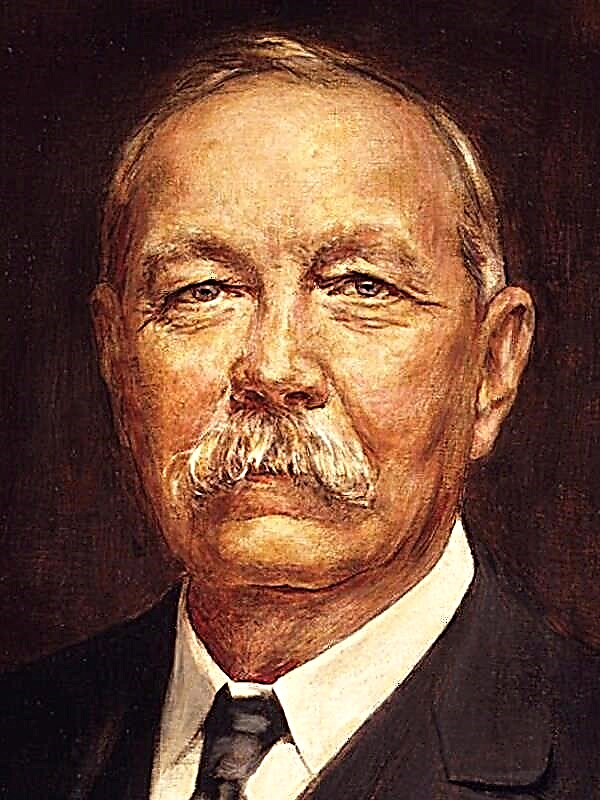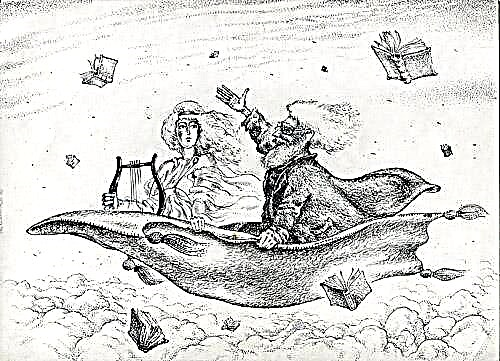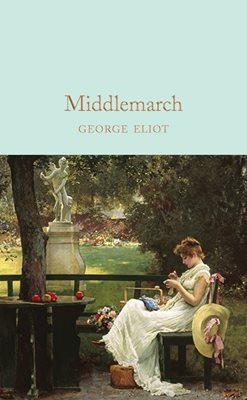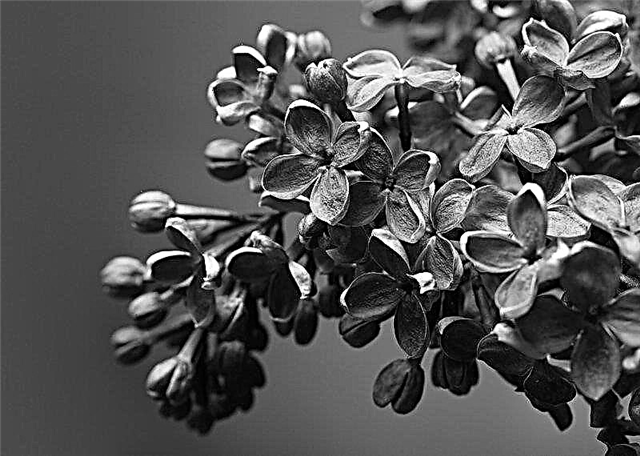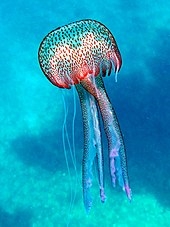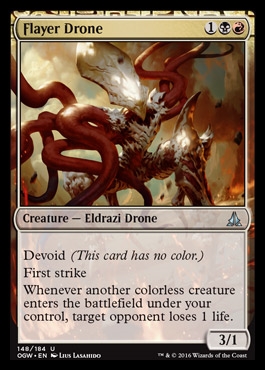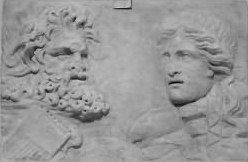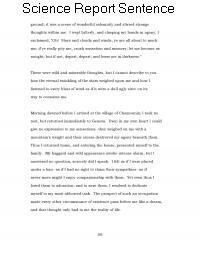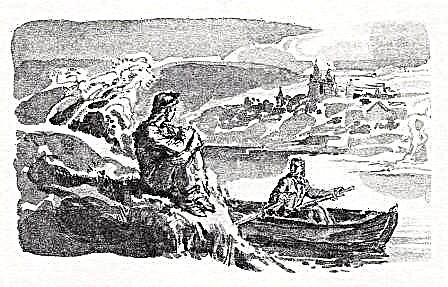(381 words) Anna Akhmatova and Marina Tsvetaeva are two high-profile names of Russian poetry, which presented literature with many soulful images that reflected the personal experiences of poets, their pain for the destroyed ideals of the old world and their generation.
The themes and motives of their poems are very similar in many respects, since they happened to live in the same historical era, which means they share the pain of their time. The tragedy of the fate of the two great poets, their involuntary rivalry in literary creation, the creation of a universal human lyrical character, viewed through the prism of the female soul - all this makes the two lyrics unusually close to each other.
The lyrics of Akhmatova and Tsvetaeva are rooted in classical Russian and world culture. Both poets formed their poetic world under the influence of images, plots and ideas taken from ancient Russian literature and antiquity. The motives of Christian philosophy, the legends of the Old and New Testaments and biblical images are heard in the lyrics of Tsvetaeva and Akhmatova. A huge influence on the formation of the genius of two great authors was exerted by the moral and literary ideal of A.S. Pushkin. However, each of them has chosen its own path of creative expression. Therefore, Akhmatova and Tsvetaeva are two poetic voices singing differently about one thing.
Tsvetaeva was enthusiastic about poetry by Akhmatova, having first become acquainted with her work after the publication of the collection “Evening” in 1915 and later devoting her a whole series of poems “To Akhmatova” (1916). But their first and only meeting took place only in 1941. The attraction of two geniuses, their spiritual interpenetration did not happen. Later, Marina began to perceive her enthusiastic love for Akhmatova as a “mistake and obsession,” and Anna spoke coldly of the meeting with Tsvetaeva, however, as well as of creativity in general. Undoubtedly, the difference in the characters and creative aspirations of the two heroines of their time left an imprint on their relationship.
Tsvetaeva in her poems is extremely immersed in herself, her lyrics are “egocentric,” she is determined by the poet’s personal feelings, rarely seen through the prism of the outside world, which becomes secondary for Marina Ivanovna. Her lyrical heroine is always wayward, eccentric, rebellious. The basis of Tsvetaeva’s artistic method is the soul turned inside out, “pure lyricism,” therefore the poet’s entire creative heritage is a kind of self-document in which emotions, feelings, and world outlooks are reflected.
Akhmatova, on the other hand, becomes a singer of real, objectified life. Starting her path in the acmeist school, she strove for clarity of the poetic word, the utmost detail of reality. Each of her poems reveals the fullness and power of life, created with the help of sound and color. Her lyrics are material, transparent, concrete, even tangible.
Two voices, without which it is impossible to imagine Russian poetry, reflected in their lyrics the portrait of the era and the dynamics of feeling, doing it in different ways, but equally beautifully.

